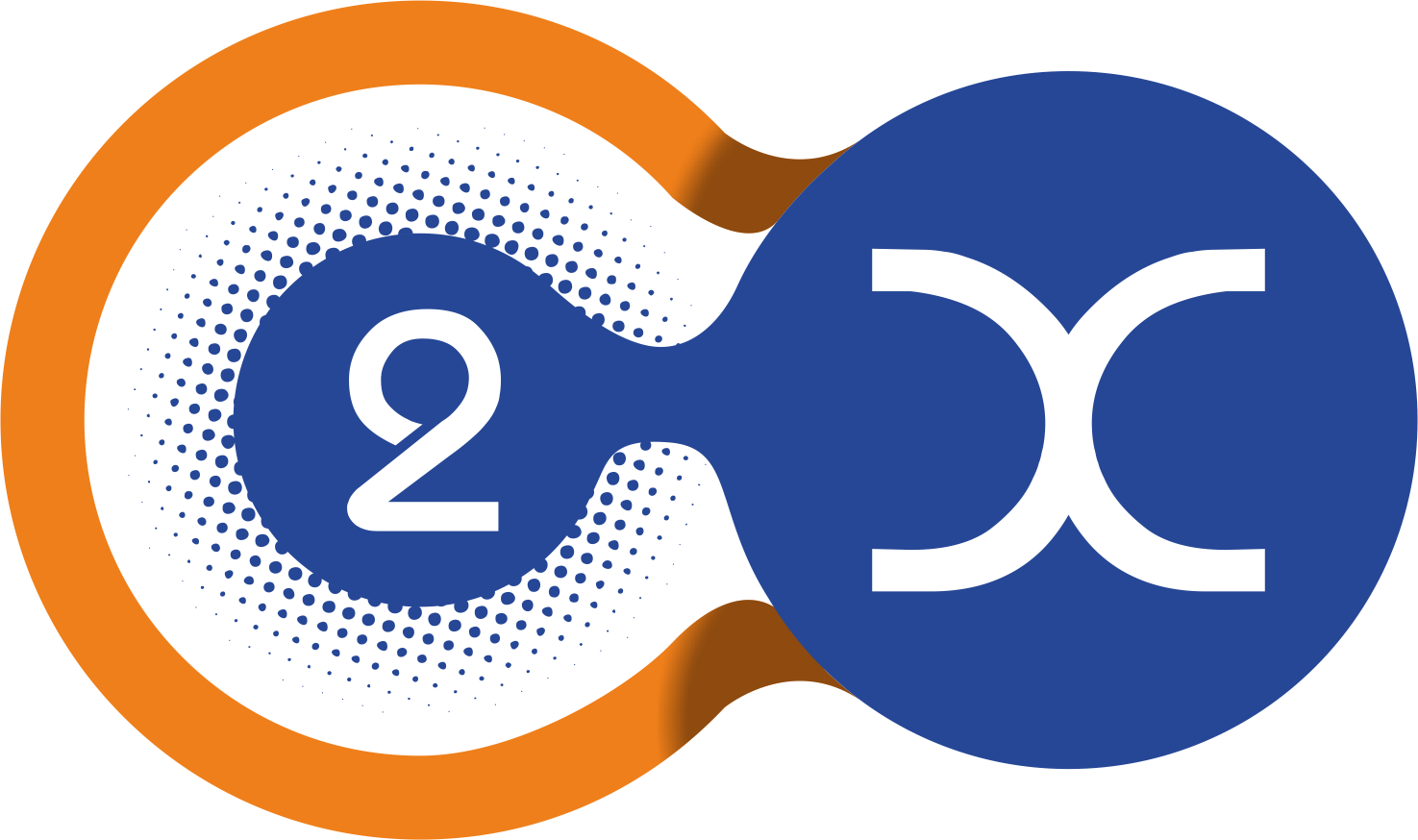
One popular model for conflict management is the Thomas-Kilmann Conflict Mode Instrument (TKI). Developed by Ken Thomas and Ralph Kilmann in the 1970s, the TKI is a tool used to identify an individual’s preferred method of handling conflict.
The TKI identifies five different conflict modes:
- Competing: a high-assertive, low-cooperative approach in which the goal is to win and get the most for oneself.
- Collaborating: a high-assertive, high-cooperative approach in which the goal is to find a mutually beneficial solution.
- Compromising: a medium-assertive, medium-cooperative approach in which the goal is to find a solution that partially satisfies both parties.
- Avoiding: a low-assertive, low-cooperative approach in which the goal is to avoid the conflict altogether.
- Accommodating: a low-assertive, high-cooperative approach in which the goal is to satisfy the other party’s concerns, even at the expense of one’s own.
The TKI assesses an individual’s preferred conflict mode, and it can be used to help them understand how they typically respond to conflict and how they can adapt their behavior to be more effective in different situations. It’s widely used by organizations, teams, and individuals to understand their own behavior, to understand others and to manage conflicts effectively.




